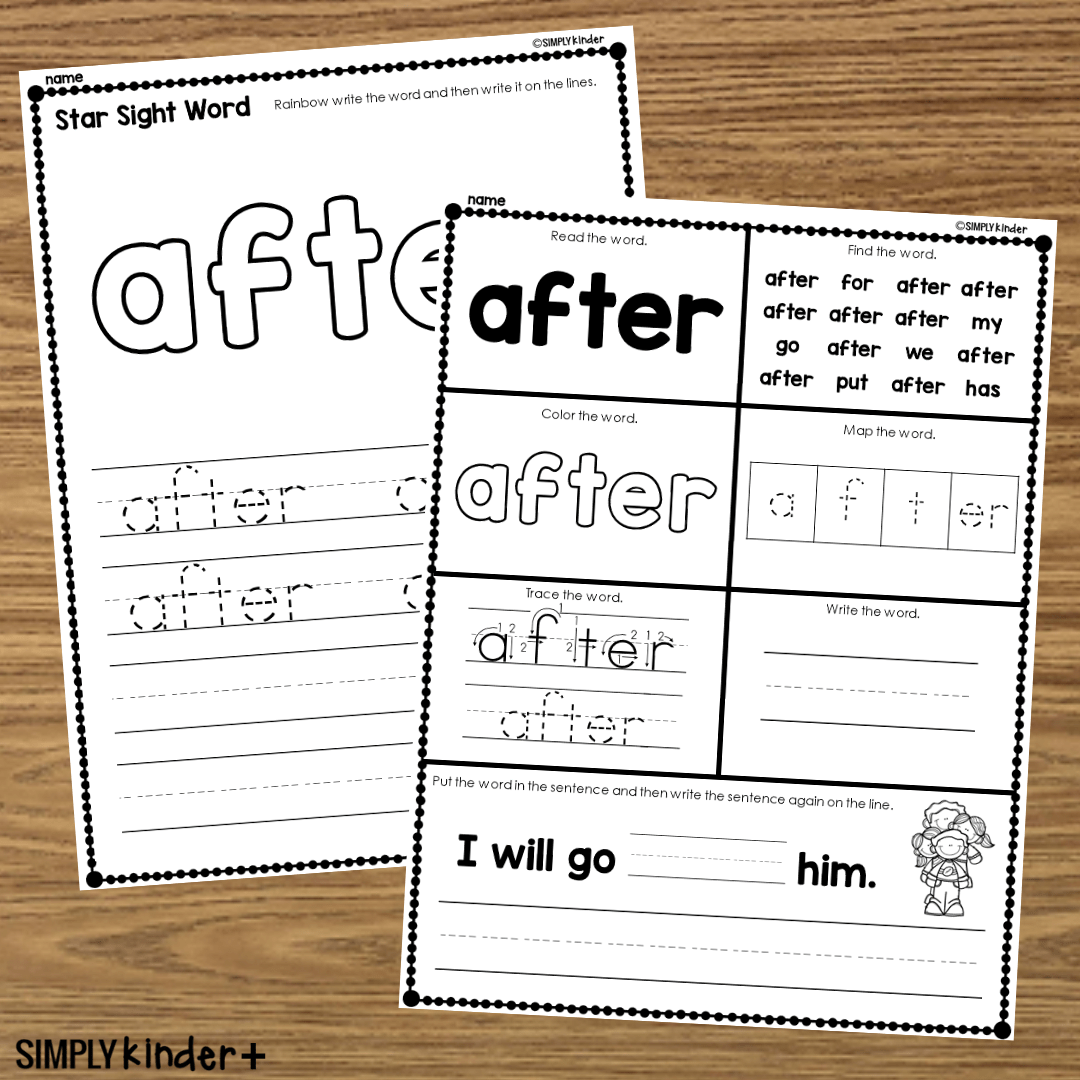
Language is a fascinating tool that allows us to express our thoughts, emotions, and creativity. Among the myriad of combinations and phrases, the words that follow "face" or "place" can open up a world of meanings and interpretations. In this article, we will delve deeper into the significance of these words, how they shape our understanding of various contexts, and explore their usage in everyday language.
Understanding the words that follow "face" or "place" can enhance our communication skills and allow us to convey our messages more effectively. This exploration not only reveals the richness of the English language but also uncovers various idiomatic expressions and colloquialisms associated with these words. Whether you're a language enthusiast, a writer, or simply curious about the nuances of English, this article will provide you with valuable insights.
Join us as we embark on this linguistic journey, uncovering the layers of meaning behind the words that come after "face" or "place." From idioms to phrases used in everyday conversations, we will dissect their significance, use, and relevance in different contexts. Let's dive into the various aspects of these words, starting with a deeper examination of their meanings and implications.
What are the Common Words After Face?
When we think about words that follow "face," several come to mind. Some of the most common include:
- Face value
- Face mask
- Face time
- Face the music
Each of these phrases carries its own unique meaning and can be used in various contexts. For example, "face value" refers to the apparent worth of something, while "face the music" means to confront the consequences of one's actions.
What About Words After Place?
Similarly, "place" can be accompanied by a range of words that enhance its meaning. Some common phrases include:
- Place of residence
- Place of worship
- Place settings
- Place in history
These phrases illustrate the versatility of "place," as it can denote physical locations, social contexts, or even historical significance.
How Do Words After Face or Place Affect Communication?
The words that follow "face" or "place" can significantly impact the clarity and effectiveness of our communication. Using these phrases appropriately can convey complex ideas succinctly and enhance understanding. For instance, saying "face value" immediately communicates that you are discussing the superficial worth of something, while "place of residence" specifies a location without ambiguity.
Are There Cultural Variations in the Use of These Phrases?
Yes! The phrases that follow "face" or "place" can vary culturally, reflecting different societal norms and values. For example:
- In some cultures, "face" might be associated with honor and reputation, leading to phrases that emphasize social standing.
- In others, "place" might carry connotations related to community and belonging, highlighting the importance of social ties.
Understanding these cultural variations can deepen our appreciation for language and its role in shaping our interactions.
Can Words After Face or Place Be Used Creatively?
Absolutely! Writers and speakers often play with language to create new meanings and expressions. For instance, one might creatively combine "face" with unexpected words to form unique phrases that capture attention and provoke thought. The same goes for "place," where imaginative combinations can lead to intriguing descriptions and narratives.
What Are Some Famous Quotes Involving Face or Place?
Many notable quotes incorporate words following "face" or "place." Here are a few examples:
- "Don't judge a book by its cover, judge it by its face value." - Unknown
- "Home is where you feel at home, and are treated well. It’s a place of peace." - Unknown
These quotes highlight the significance of the phrases and their impact on our understanding of life and relationships.
What is the Significance of Understanding the Words After Face or Place?
Grasping the meanings and uses of the words that follow "face" or "place" enriches our vocabulary and enhances our communication skills. It allows us to express ourselves more clearly and connect with others on a deeper level. By recognizing the importance of these phrases, we can navigate conversations with greater confidence and effectiveness.
How Can You Improve Your Use of Words After Face or Place?
Improving your use of these phrases can be achieved through various means:
- Engage in reading diverse materials to encounter different contexts for these words.
- Practice writing sentences that incorporate these phrases to enhance familiarity.
- Participate in discussions and conversations to apply your knowledge in real-life scenarios.
By actively engaging with the language, you will find yourself becoming more adept at using these phrases in your communication.
Conclusion: Embracing the Richness of Language
The exploration of the words that follow "face" or "place" reveals the intricacies of language and its power to convey meaning. By understanding and utilizing these phrases, we can enhance our communication skills and connect more effectively with others. Remember, language is not just a tool; it is a vehicle for expression, understanding, and creativity.
ncG1vNJzZmivp6x7p7XGoaugqpGlva2x05qnZ5ufonyku82tnKespJqwqX6OsKarnF2Ws7Wx0WadmpuVYryzec%2BlmJydXp3Brrg%3D